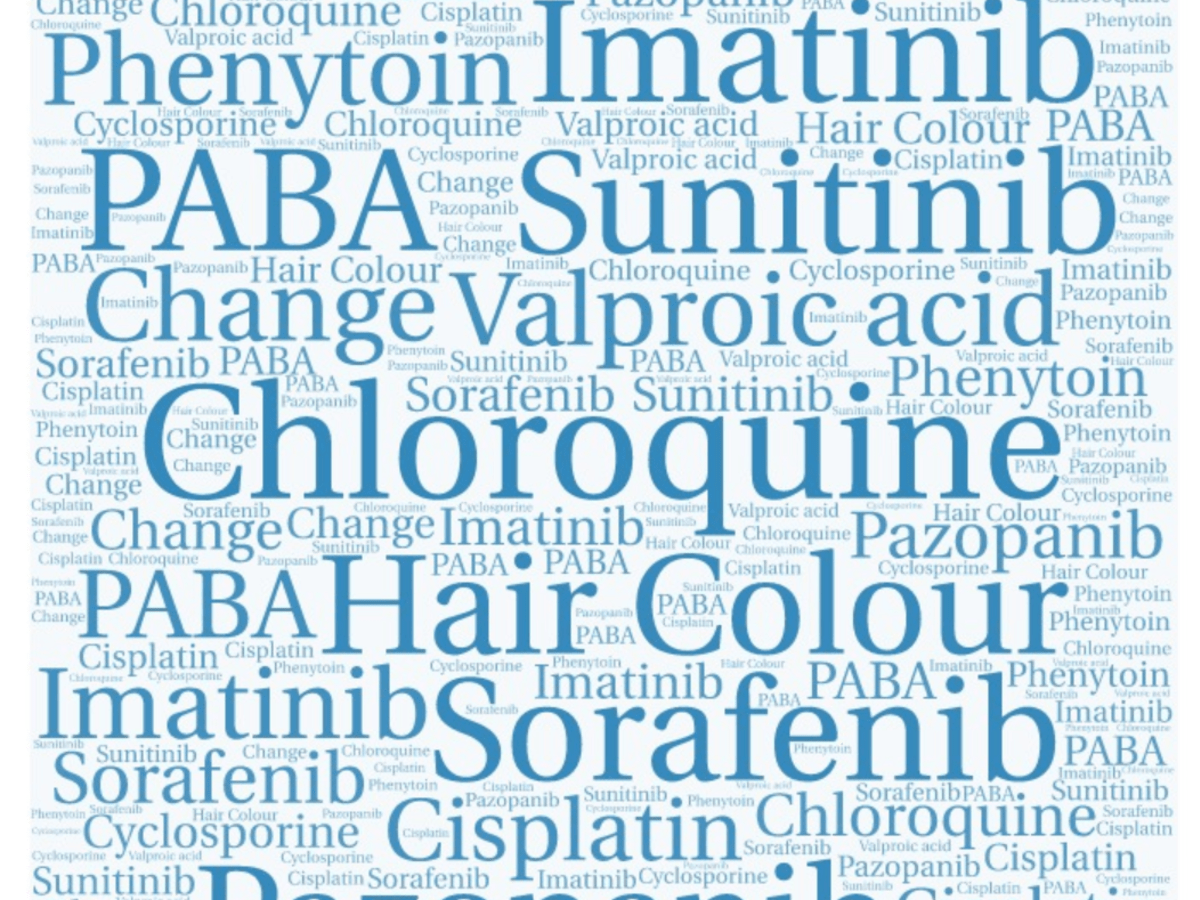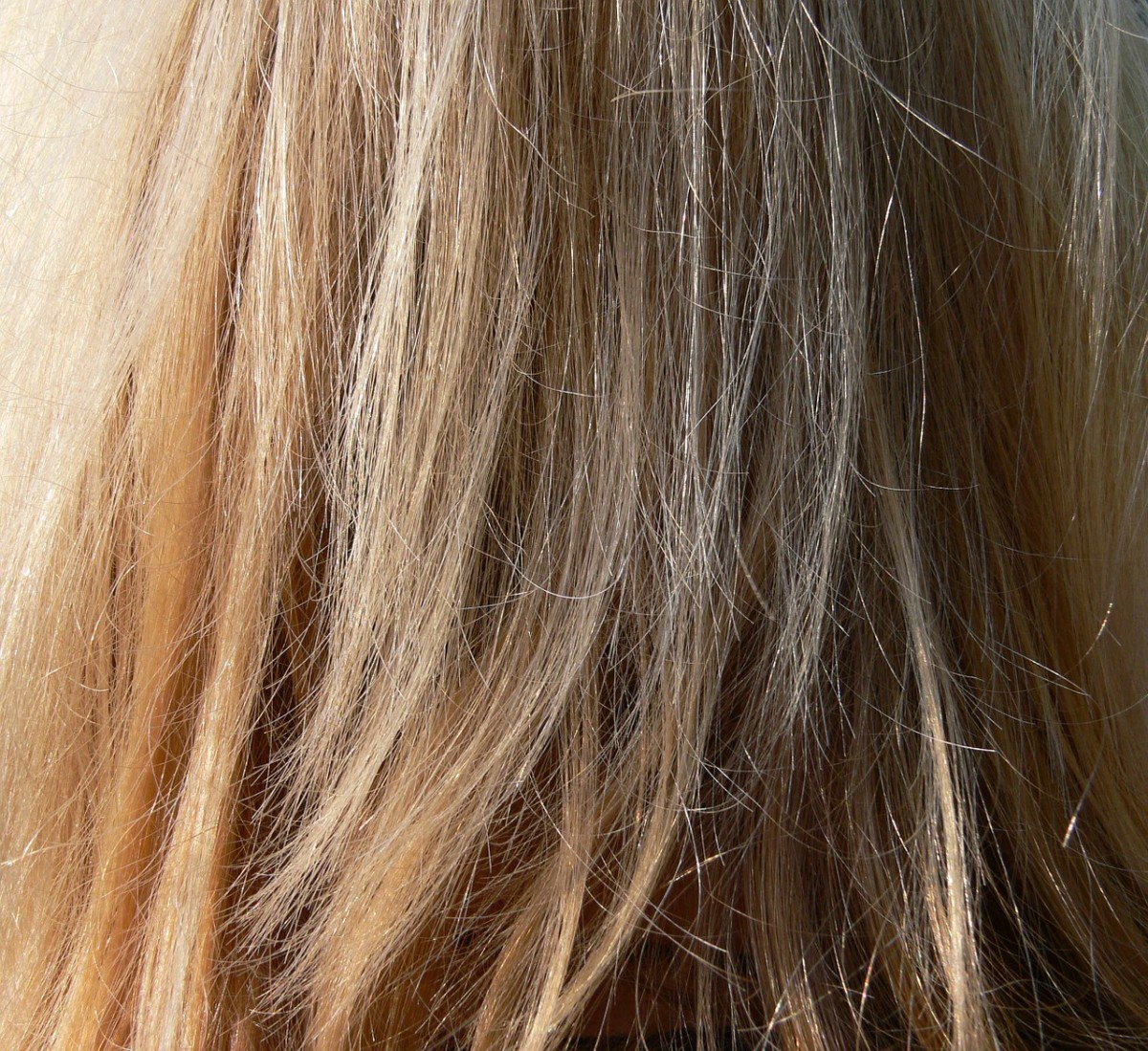- Get link
- X
- Other Apps
And when a color doesnt take in a persons. Thyroid medications may cause a darkening of the hair 2.
 Medications With Side Effects That Affect Your Hair
Medications With Side Effects That Affect Your Hair
This field has actually garnered a lot of attention in the past few decades.

Medications that affect hair coloring. Honestly I think any medicine can affect the hair and coloring process. In particular chloroquine and chemotherapeutic drugs show a strong link to colour change. In addition hair dyes sometimes contain substances such as hemp and other products that can lead to potential false positive results.
Kelly Baker was 13 when she was diagnosed with epilepsy and prescribed divalproex sodium Depakote. Of a wide variety of drugs implicated in causing hair colour changes only a few are proved by evidence. Some acne medications affect keratin the substance that hair is made up of which can change the density appearance and color of hair.
In all cases the drug content in hair that had undergone cosmetic treatment decreased in comparison to untreated hair. One of the more important cancer breakthroughs has been the development of imatinib Gleevec. Gleevec Imatinib and Hair Color Changes.
Given the drugs Keytruda Opdivo and Tecentriq the team of researchers from the Autonomous University of Barcelona wanted to see if theyd. If you take biologics such as Humira or Remicade for your condition or if you take any Immune-Modulating therapy be advised that these drugs can change the way your body absorbs everything from other meds to the food you eat to the dye you put in your hair. Many antibiotics such as doxycycline may cause a slight fading of hair color or cause certain portions of hair to turn a different shade 2.
The majority of the mean differences were in the range of 40-60 cocaine benzoylecgonine codeine 6-acetylmorphine and THC-COOH. Always alert your colorist about medication changes. Texture and thickness may also be affected.
Epilepsy drugs can cause hair loss and make hair curly. Medication and Hair Color. The drug controlled her seizures but caused her hair to fall out which was terrifying.
Its good to be aware of since many of us color our hair at home or go to the salon. These drugs cause a biochemical interaction within the pigment-producing cells melanocytes of. In addition some medications and other drugs may affect hairs receptivity to dye says Richard Sollazzo an internist and oncologist in private practice in New York City.
Texture and thickness may also be affected. The most common culprits could be thyroid medications chemotherapy and some types of hormonal medications. These effects can be caused by skin care treatments the contraceptive pill antidepressants or even ibuprofen.
Chemotherapy causes hair to fall out and grow back a different color. She says over the years hair stylists have come to learn that antidepressants can cause hair to dry out and thin to the point that it wont take extensions. Acne medications containing vitamin A retinoids Antibiotics and antifungal drugs Antidepressants Birth control pills Anticlotting drugs Cholesterol-lowering drugs Drugs that suppress the immune system Drugs that treat breast cancer Epilepsy drugs anticonvulsant.
Can medications make hair not take color. Chemotherapy drugs may also affect coloring. Many antibiotics such as doxycycline may cause a slight fading of hair color or cause certain portions of hair to turn a different shade.
Specific Medication Types Thought to Cause Hair Loss. Hair Colour and Texture there are published studies that show that drug metabolites attach to the melanin in hair. Other drugs such as p-aminobenzoic acid calcium pantothenate anthralin chinoform mephenesin minoxidil propofol valproic acid and verapamil await confirmatory data.
It changed the course of treatment for people with chronic myelogenous leukemia CML and gastrointestinal stromal tumor GIST. The meds Im on are. While peroxide strips the natural hair color it also exposes the strands to chemicals that cause dullness hair thinning and hair fall.
Drug-induced causes should be considered in any patient with unexplained hair colour changes. Permanent stains are peroxide and ammonia packed. Yes although the medical reasons concerning the explanations behind this phenomenon are not well researched at all.
If hair is bleached it may remove some drugs but allow other drugs to be absorbed by the hair. These experts explain why and how to handle the changes. Psoriasis medication works by slowing down skin cell production.
It can do some strange things to hair. Psoriasis is a condition that results in scaly patches all over the skin. Chemotherapy drugs may also affect coloring.
These components can play a part in hair colour change. Thyroid medications may cause a darkening of the hair. The medication that can change the colour or texture of your hair is often used in dermatology to treat skin problems such as psoriasis and acne caused by retinoid and acitretin.
Treatments for neurologic conditions can change hairs texture color and volume. I toyed with the idea of keeping the pumpkin highlights but figured that it might quickly fade into a carrot color.
 Why Is My Hair Falling Out Hormones Medications And Other Causes
Why Is My Hair Falling Out Hormones Medications And Other Causes
.jpg) Medications That Cause Hair Loss Drug Induced Alopecia
Medications That Cause Hair Loss Drug Induced Alopecia
 Medication That Can Change Hair Colour Or Texture
Medication That Can Change Hair Colour Or Texture
 Hair Dye Allergy Reactions Symptoms And Treatments
Hair Dye Allergy Reactions Symptoms And Treatments
 Medications That Cause Hair Loss Dr Alan Bauman
Medications That Cause Hair Loss Dr Alan Bauman
 Can Medications Make Hair Not Take Color
Can Medications Make Hair Not Take Color
 Hair Tips Tidbits From Pat Alessi Salon 1580 Is Your Hair On Drugs
Hair Tips Tidbits From Pat Alessi Salon 1580 Is Your Hair On Drugs
 Is Your Medication Changing Your Hair Color Possibly The Day Spa Folawns
Is Your Medication Changing Your Hair Color Possibly The Day Spa Folawns
/GettyImages-88969008-5a6a0ed66bf06900199b9647.jpg) Arthritis Medications May Cause Hair Loss
Arthritis Medications May Cause Hair Loss
 Drug Induced Hair Colour Changes Donovan Hair Clinic
Drug Induced Hair Colour Changes Donovan Hair Clinic
 Drugs That Cause Hair Loss In Women Too America S Pharmacy
Drugs That Cause Hair Loss In Women Too America S Pharmacy
 Drugs That Induce Hair Color Changes Owlcation
Drugs That Induce Hair Color Changes Owlcation
 Medications That Cause Hair Loss List What You Can Do And More
Medications That Cause Hair Loss List What You Can Do And More
 Drugs That Induce Hair Color Changes Owlcation
Drugs That Induce Hair Color Changes Owlcation
Comments
Post a Comment